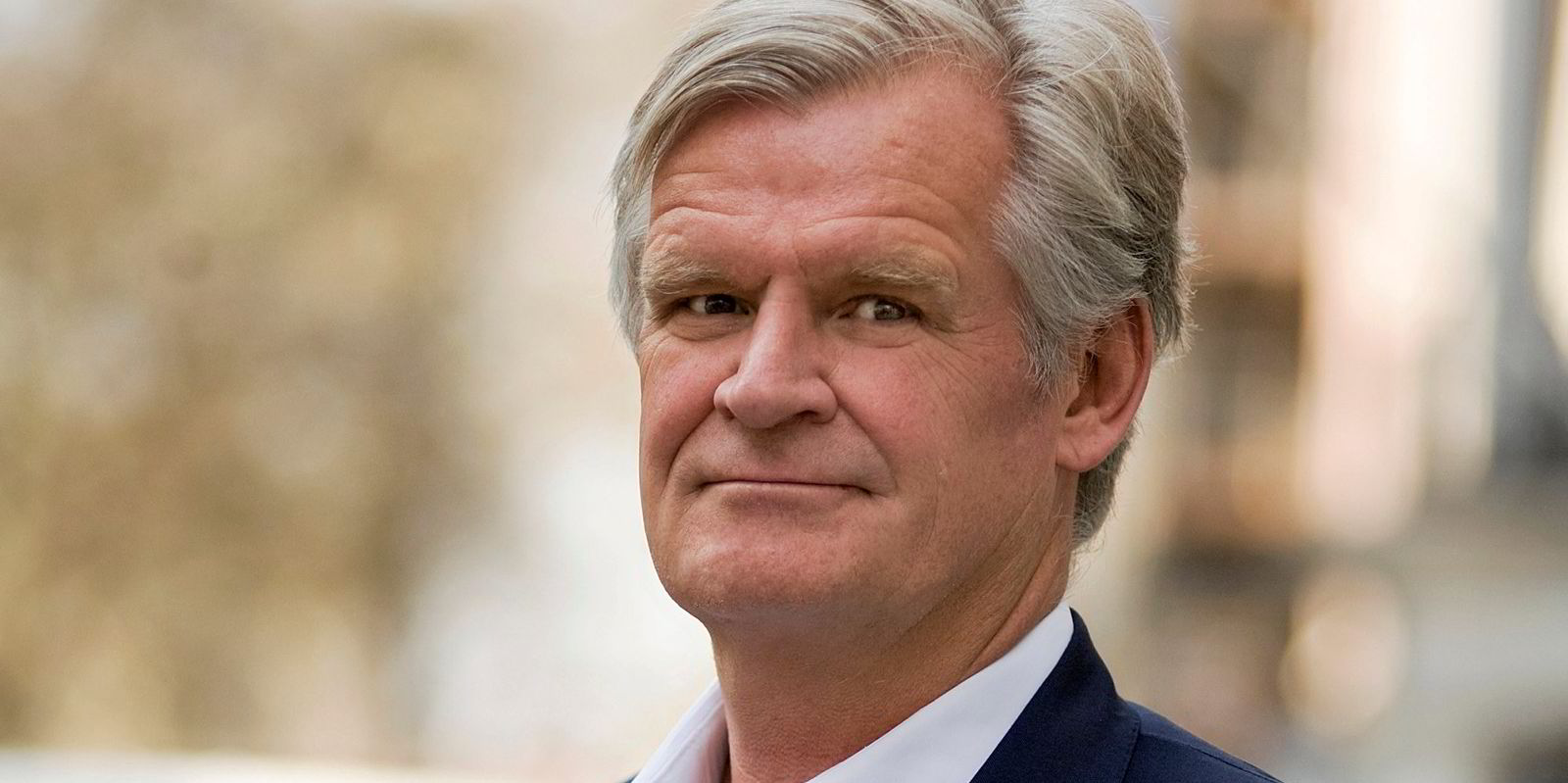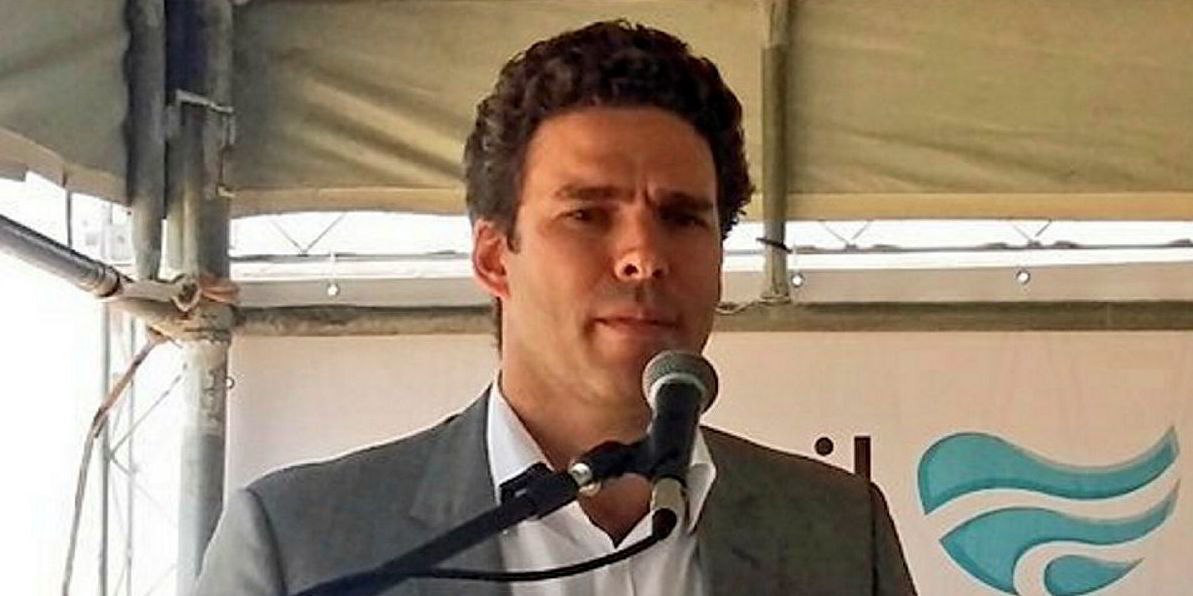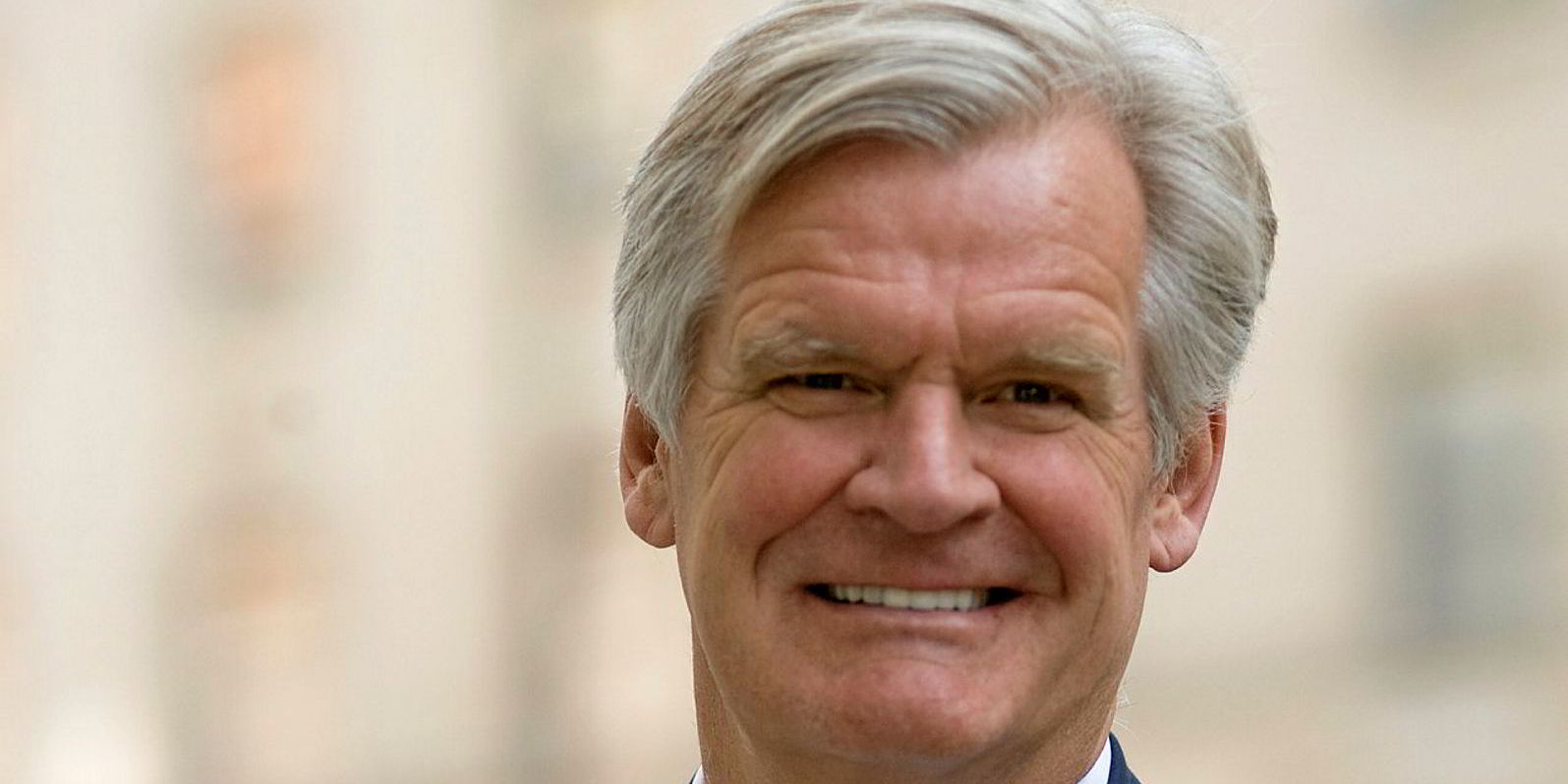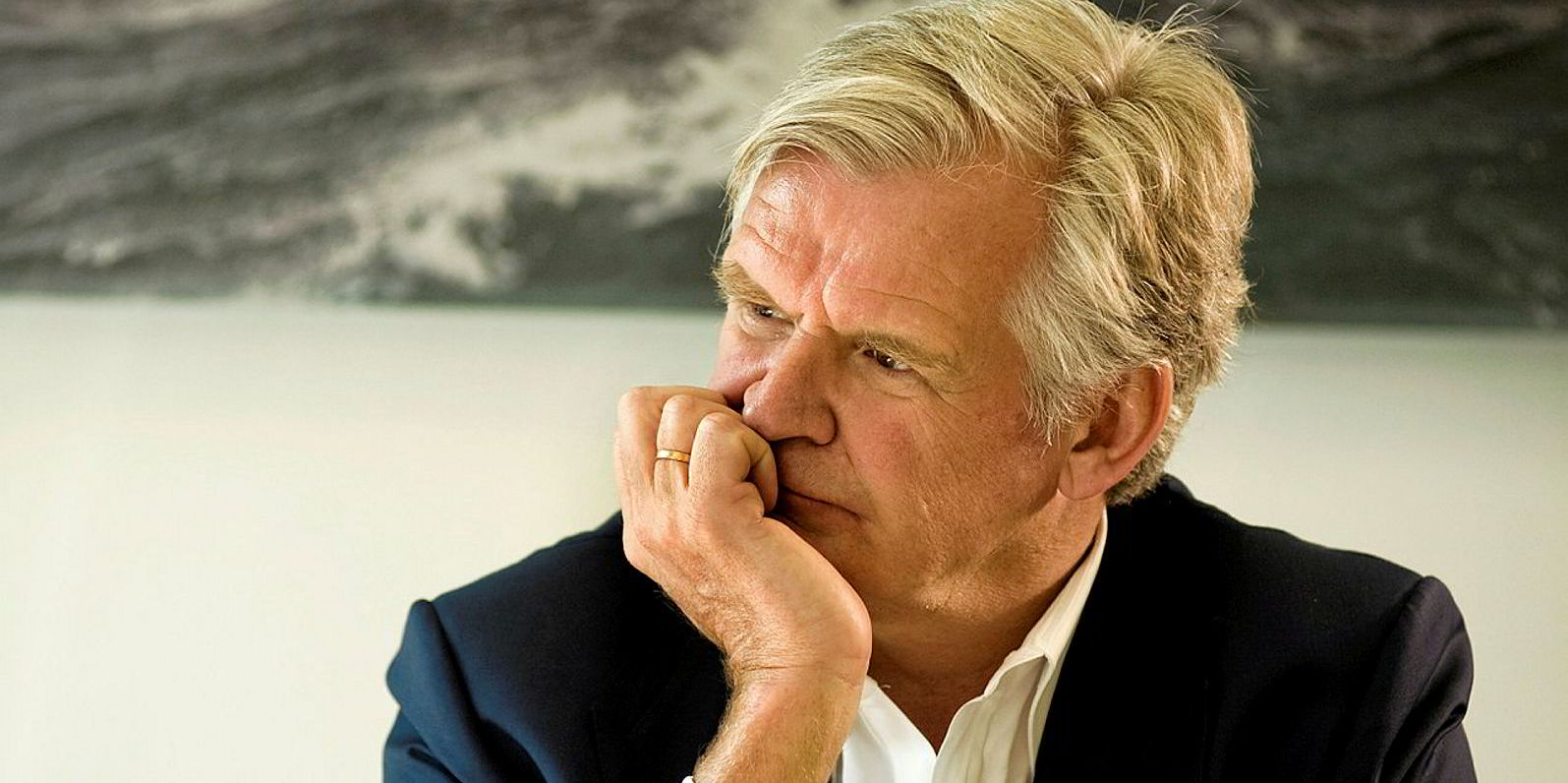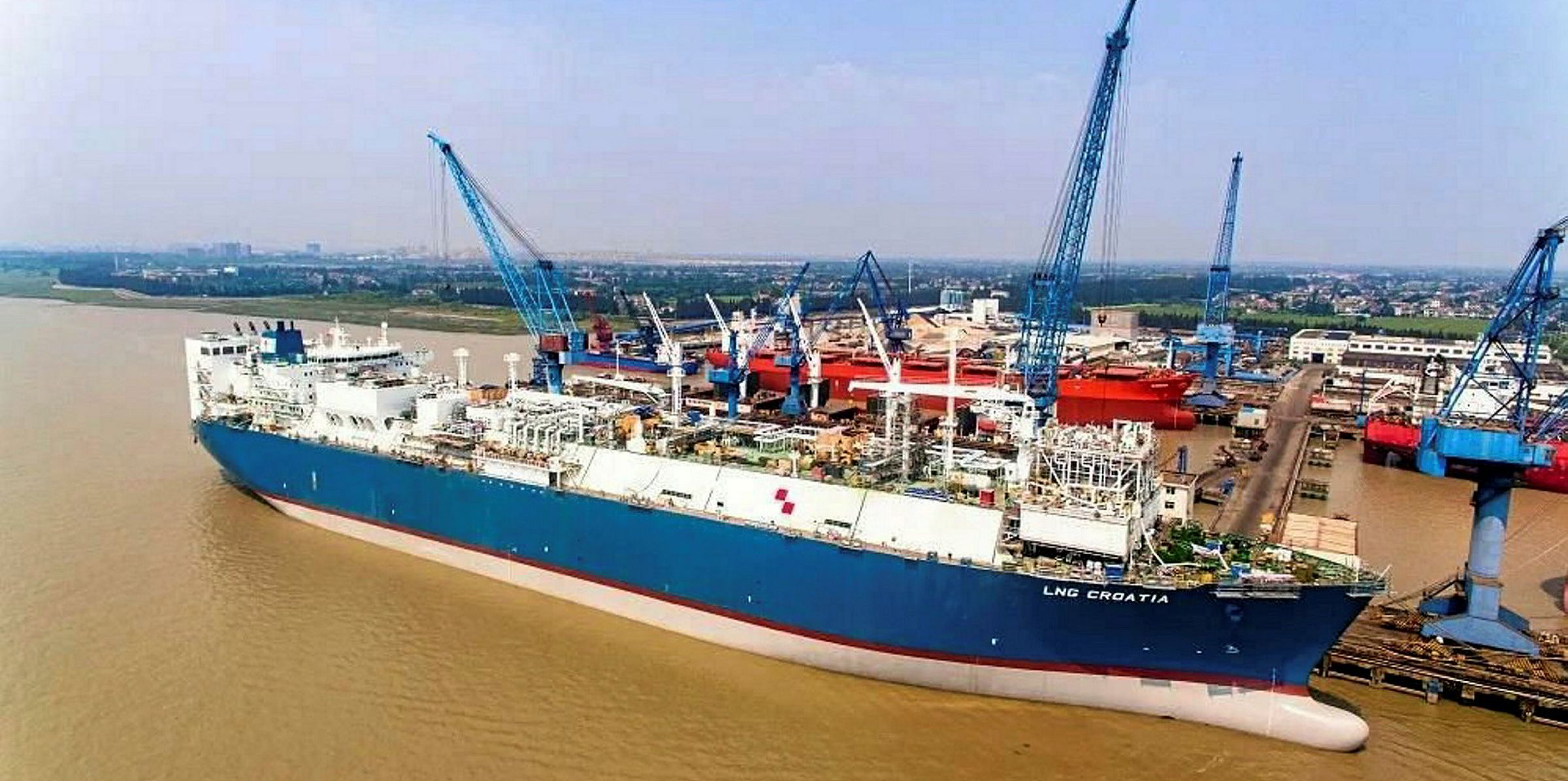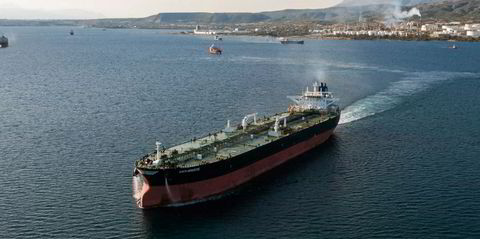Golar LNG “remains committed” to spinning off its downstream business into its planned new entity, Hygo Energy Transition.
The Tor Olav Troim-controlled company will resurrect its stalled initial public offering to carry it out.
In its third-quarter results statement, Golar said “an IPO remains the primary route to achieve this”, adding that it is subject to approval of the Hygo board, market conditions, ongoing business operations and development activity.
“When concluded, the separation will represent the first step toward re-organising and simplifying Golar’s structure,” the New York-listed LNG shipowner said.
Hygo’s planned $450m IPO was pulled after its chief executive, Eduardo Antonello, became the subject of a bribery probe by Brazilian authorities.
In September, a shareholder filed a class action against Golar, chief executive Iain Ross and Antonello.
“We believe that the allegations in the lawsuit are without merit and intend to vigorously contest the class action lawsuit,” Golar said.
Antonello stepped away from the company in late September to address the allegations. A Golar internal investigation later found no evidence of any wrong-doing.
CFO quits
In its third-quarter results statement, Golar announced that chief financial officer Callum Mitchell-Thomson has resigned “for personal reasons”. He joined the company in April.
Karl Fredrik Staubo, chief executive of spin-off Golar LNG Partners, will take on the CFO role at parent Golar LNG in addition to his current position.
Golar said Hygo, formerly Golar Power, expects to take a final investment decision (FID) on its planned Barcarena LNG import terminal project in Brazil this year, based on the interest it has had for offtake volumes from industrial users.
It plans to start construction of the facility, which will use a floating storage and regasification unit, this year and begin operation in the first half of 2022.
In addition to several other Brazilian terminal projects, Golar said Hygo is pursuing more than 15 terminal opportunities worldwide.
Golar slimmed its third-quarter net loss by 74% to $21.8m from a loss of $82.3m in the same period of last year. But the year-to-date figure was 19% higher at $281.7m compared with $236.7m in the first three quarters of 2019.
Total operating revenue for the quarter slid back 4% to $95.2m, from $98.7m last year. It was up 3% for the first nine months, rising to $320m from $309.7m a year earlier.
Golar said its time charter equivalent earnings came in at $39,100 per day on the back of an 80% utilisation for the quarter, down on the 93% seen in the previous three months but up on the 65% achieved a year ago.
The company expects to see a TCE figure of more than $50,000 per day for the fourth quarter.
Golar said it continues to prioritise long-term ship utilisation and has fixed two-thirds of its available 2021 revenue days through a combination of fixed and floating rate charters.
It said its shipping results were “adversely impacted” by the extended dry-docking of its FSRU Golar Tundra due to lockdown conditions in Singapore.
FLNG enquiry
Ross said the company’s Gimi FLNG project was delayed by 11 months after BP’s now-concluded force majeure declaration. But he said it has ramped up manning levels to pre-lockdown numbers and remains on track to its new dates with no material budget changes.
Golar said it has made a tolling agreement amendment to its existing FLNG unit Hilli Episeyo in Cameroon that removes a cap on gas reserves available for future liquefaction and allows for billing of prior and future over-production.
The company said $5.1m of additional revenue from over-production by the unit in 2019 will be invoiced after this is signed.
Golar said its FLNG project portfolio has “grown considerably”, with an increasing number of requests from oil majors. However, it does not expect any FIDs for these projects in 2021.
The company said the conversion of its 140,000-cbm Golar Viking (built 2005) into the FSRU LNG Croatia is on track for handover this year, which will release about $17m in cash, with a further $30m expected in January.
